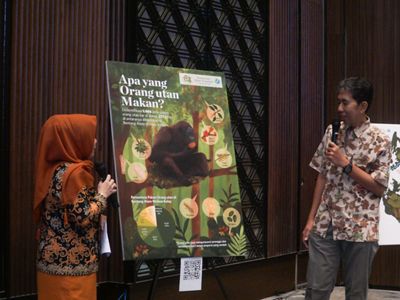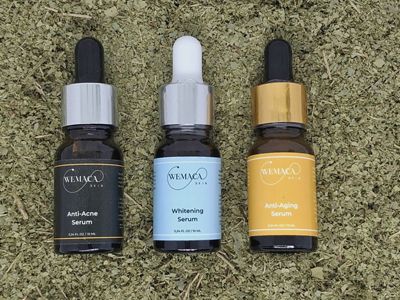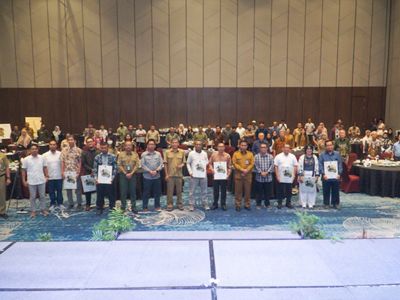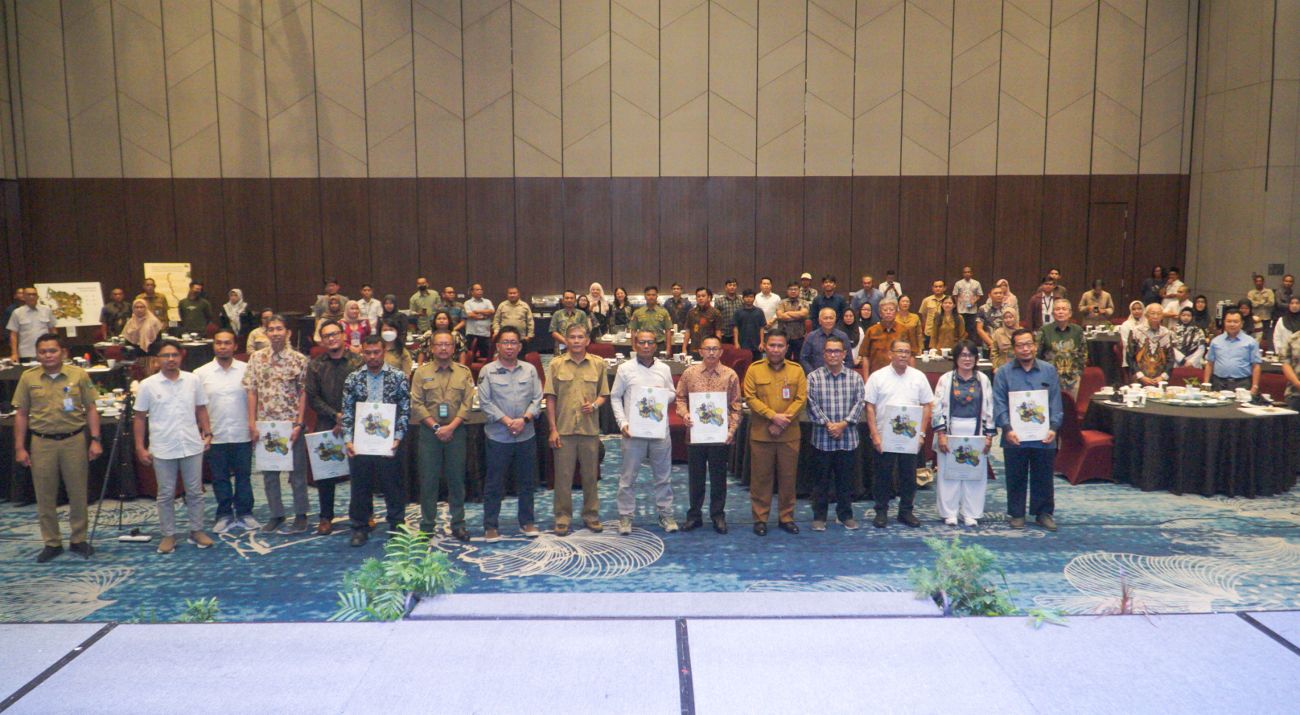Media Contacts
-
Retno Sari
Content and Publication Specialist YKAN
Yayasan Konservasi Alam Nusantara
Email: retno.dianingsari@ykan.or.id
The Bornean orangutan, an endemic species of Indonesia, is found only on the islands of Sumatra and Borneo. In East Kalimantan, one of the orangutan habitats is located within the Wehea-Kelay Landscape, covering 532,143 hectares. Serving as an umbrella species, the orangutan has become a focal point for collaboration among 23 stakeholders, including the government, private sector, academics, NGOs, and local communities, to manage the area sustainably.
The Wehea-Kelay Landscape is a mosaic of interests, encompassing Wehea Protection Forest, forest utilization concessions (PBPH-HA and PBPH-Plantations), community-managed areas, local government domains, research institutions, and oil palm plantations. Under the Wehea-Kelay Landscape Collaboration Forum, these stakeholders have worked together for nearly a decade to manage the area sustainably while improving community welfare.

"One striking outcome of this collaboration is the development of bioprospecting prototype products inspired by orangutan feeding plants," said East Kalimantan Provincial Secretary Sri Wahyuni, represented by the Head of the Provincial Environmental Office, Anwar Sanusi, during the presentation of collaborative results on sustainable resource management in Wehea-Kelay, held in Samarinda on December 10, 2024.
According to Indonesia's Ministry of Environment and Forestry Regulation No. 2 of 2018, bioprospecting refers to exploring, extracting, and screening biological resources for commercial use, including genetic resources, species, and biochemical derivatives. In the Wehea-Kelay Landscape, researchers from Mulawarman University and Yayasan Konservasi Alam Nusantara (YKAN) have studied 59 orangutan-feeding plants, identifying 30 species with ethnopharmacological potential (bioactivity and nutrition).
"This research opens new windows for understanding the benefits of orangutans and their habitats—not only for human health but also for community-based economic development through bioprospecting," said Sri.
Anwar Sanusi, also Chair of the Collaboration Forum, emphasized the area's biodiversity contribution. According to the Kalimantan Ecoregion Development Control Center (2023), Wehea-Kelay accounts for approximately 35% of the Land Cover Quality Index (IKTL), which measures the condition of forest and non-forest vegetation cover. The landscape supports around 1,200 Bornean orangutans and over 1,400 wildlife species and serves as a critical watershed for the Kelay and Wahau Rivers, benefiting approximately 30,000 people.
The collaborative approach has unlocked numerous opportunities. "Protecting orangutan habitats has provided countless lessons and opened doors for ecological and economic benefits," added Anwar.

Mulawarman University Dean Irawan Wijaya Kusuma highlighted the results of research on orangutan feeding plants. In 2023, a joint research team identified 227 feeding plants, narrowing them down to 11 species with significant bioactivity and nutritional potential. One species, Macaranga conifera, demonstrated potential as an anti-cancer, anti-diabetes, and antioxidant agent, resulting in prototypes for anti-aging, anti-acne, and skin-brightening products branded as WEMACA. "These products cater to current market demands, with opportunities for more derivatives as other feeding plants are studied further," said Irawan.
The collaboration has also benefitted the private sector. Totok Suripto, CEO of PT Gunung Gajah Abadi, noted that the partnership helped harmonize sustainable concession management practices across company boundaries. "Before the forum, companies operated independently despite shared issues. The forum has synchronized best practices across concessions," he said.

Yuliana Wetuq, representing the Dayak Wehea Indigenous Institution, shared that the forum has strengthened its forest protection efforts. "We've gained partners for patrolling, surveying, and safeguarding Wehea Protection Forest," she said.
YKAN Supervisory Board Member Wiratno commended the strong collaboration. He highlighted that the lessons from Wehea-Kelay could serve as a model for other regions in Indonesia. "This initiative demonstrates how natural resource management can provide ecological and economic benefits to businesses and communities alike," he concluded.
Yayasan Konservasi Alam Nusantara (YKAN) is a scientific-based non-profit organization that has been present in Indonesia since 2014. With the mission of protecting lands and waters as life support systems, we provide innovative solutions to realize the harmony of nature and humans through effective natural resource management, prioritizing a non-confrontational approach, and building a network of partnerships with all stakeholders for a sustainable Indonesia. For more information, visit ykan.or.id.


